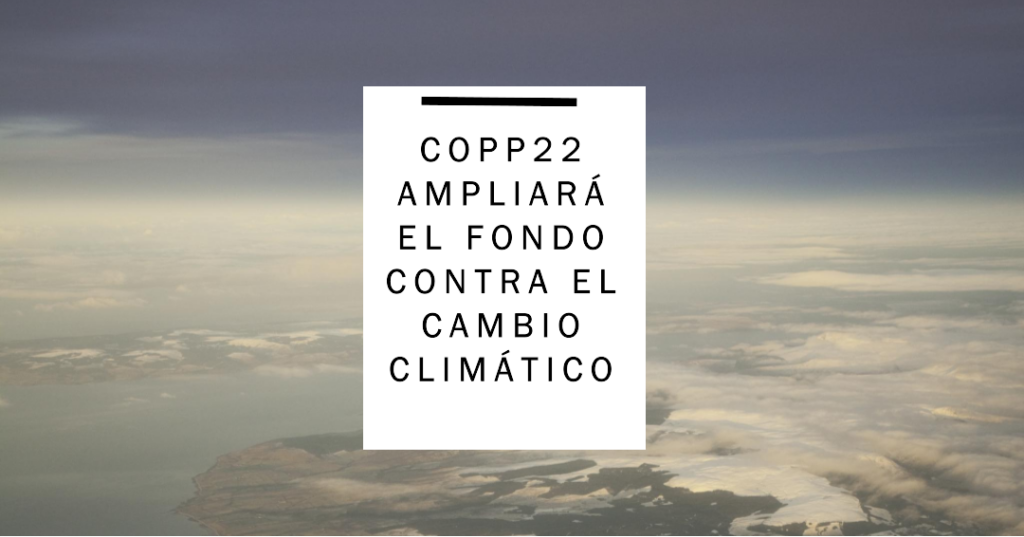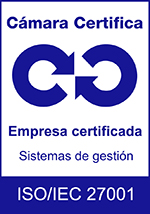Public and private sectors agree to focus on renewable energies and agree to end energy poverty by 2030
With major commitments to
avoiding a huge climate mess
The twenty-second edition of the United Nations Framework Convention on Climate Change (COP22) concluded, highlighting the progressive increase by 2020 of public and private investment by rich countries to contribute 100 billion dollars a year to combat the effects of carbon dioxide emissions, with a commitment to the generation of clean technologies that will gradually replace the use of fossil fuels, for which the elimination of aid and subsidies was announced.
All the pacts reached during the summit held in Marrakech commit 195 countries to implement measures to reduce greenhouse gas emissions, which mainly affect developing countries where the effects of climate change are most damaging, according to United Nations data, which assures a rise of almost 4 degrees Celsius in the temperature trajectory across the planet by the end of the century. This figure exceeds the recommended limit of two degrees Celsius per year, which for the World Meteorological Organization constitutes a maximum peak of carbon concentration.
The Spanish representation at COP22 enacted the signing of an agreement together with Morocco, France, Germany and Portugal for the exchange of renewable electric energy, betting on a reduction of pollutants, and because the new energy sources are also increasingly less dangerous in terms of the exploitation of resources and the dangers of combustion or poisoning.
In addition to the will of the politicians of the signatory countries, the role of business in combating climate change was emphasized at the meetings. Representatives of the private sector made public various actions in the use of renewable sources in order to meet one of the Sustainable Development Goals (SDG) of the United Nations in favor of universal access to sustainable, affordable and reliable energy to 1.1 billion people in the world who do not have it for cooking, heating, to name a few basic uses. To put an end to energy poverty, COP22 and companies have set the goal of eradicating it by 2030.


